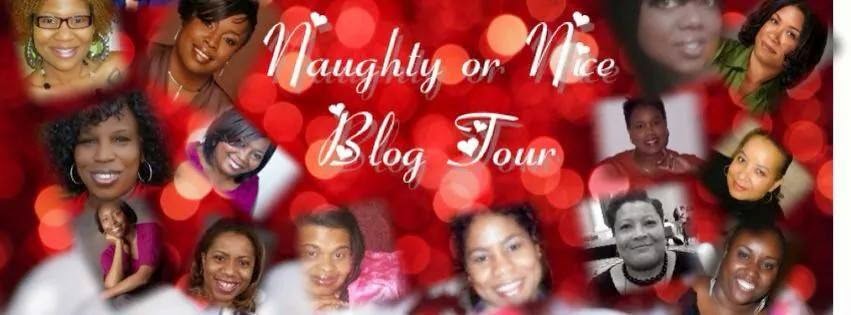It's like fighting an up hill battle wearing banana peels
Another day, another publisher shuts down.
Crimson Romance, a division of Simon and Schuster, is no more. This is significant because according to the Ripped Bodice 2017 Diversity Study, Crimson had 29.3 percent of their books written by people of color. That's the highest number of the publishers on that list.
Also from the report:
Obviously, it's because we love telling stories. We think Black Love matters and we want to tell our own stories without stereotypes.
See, when you see #ownvoice, #weneeddiverseromance #Diverseromance, those hashtags aren't for marketing purposes, it's a rallying cry. I don't know about you, but as a romance reader, I want to see people who look like me falling in love. Why can't black people get their HEA? Latinos, handicap people, LGBTQ people?
It's like a broken record.
Kimani Press, a division of Harlequin, is closing and most of the books in the other series lines are written by white women — even if black and brown faces are on the covers. When a friend of mine was on Facebook talking about the Ripped Bodice report, a non-POC woman basically said authors of color should stick to indie publishing. Talk about white privilege. She's traditionally published, but she doesn't think people who don't look like her should have the same opportunity. Her attitude is obviously mirrored by editors or the NY gatekeepers. There's a publisher on the Ripped Bodice report that has 0 percent of AOC writing for them. Also, Pocket Books told the Romance Writers Association in 2015 that they didn't publish African American romance.
Publishers want black readers to buy their books, they just don't want black writers telling their stories. You can get mad if you want to, but the numbers don't lie.
Crimson Romance, a division of Simon and Schuster, is no more. This is significant because according to the Ripped Bodice 2017 Diversity Study, Crimson had 29.3 percent of their books written by people of color. That's the highest number of the publishers on that list.
Also from the report:
For every 100 books published by the leading romance publishers in 2017, only 6.2 were written by people of color. Down from 7.8 in 2016.Authors of color have the odds stacked against them when it comes to traditional publishing and you almost wonder, why do we do it?
Obviously, it's because we love telling stories. We think Black Love matters and we want to tell our own stories without stereotypes.
See, when you see #ownvoice, #weneeddiverseromance #Diverseromance, those hashtags aren't for marketing purposes, it's a rallying cry. I don't know about you, but as a romance reader, I want to see people who look like me falling in love. Why can't black people get their HEA? Latinos, handicap people, LGBTQ people?
It's like a broken record.
Kimani Press, a division of Harlequin, is closing and most of the books in the other series lines are written by white women — even if black and brown faces are on the covers. When a friend of mine was on Facebook talking about the Ripped Bodice report, a non-POC woman basically said authors of color should stick to indie publishing. Talk about white privilege. She's traditionally published, but she doesn't think people who don't look like her should have the same opportunity. Her attitude is obviously mirrored by editors or the NY gatekeepers. There's a publisher on the Ripped Bodice report that has 0 percent of AOC writing for them. Also, Pocket Books told the Romance Writers Association in 2015 that they didn't publish African American romance.
Publishers want black readers to buy their books, they just don't want black writers telling their stories. You can get mad if you want to, but the numbers don't lie.


Comments